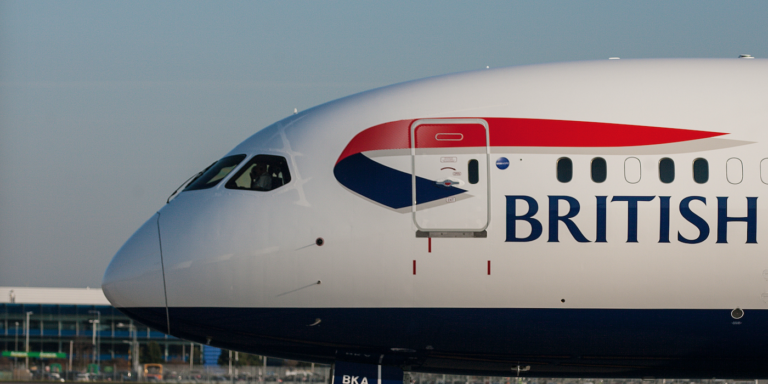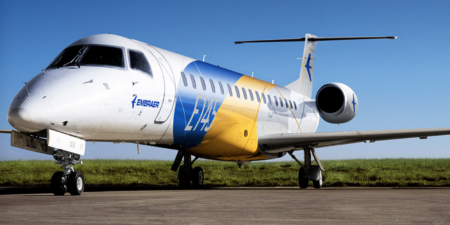The UK’s aviation sector has been waiting for confirmation of when the Government will lift quarantine measures for countries with lower risk of Covid-19 transmission, enabling a wider opening of flight operations from England in time for the summer holiday season. Today (Friday, 3 July) is the day…
“Today marks the next step in carefully reopening our great nation,” said the UK’s Transport Secretary, Grant Shapps, ahead of the announcement. “Whether you are a holidaymaker ready to travel abroad or a business eager to open your doors again, this is good news for British people and great news for British businesses.”
Later today Shapps will set out the new measures, which will come into force from 10 July. Ahead of the official announcement, the Government has indicated that passengers returning or visiting from ‘a number of countries’ which pose a reduced risk to the public health of UK citizens, including Spain and Italy, will no longer need to self-isolate when arriving in England. The exception will be if a passenger has been in or transited through non-exempt countries in the preceding 14 days.
All passengers, except those on a small list of exemptions, will still be required to provide contact information on arrival in the UK, including details of countries or territories they have been in or through during the previous 14 days.
The list of countries will be published later today and apply to flights, as well as sea and international rail routes. The list has been drawn up in line with a risk assessment conducted by the Joint Biosecurity Centre, in close consultation with Public Health England and the Chief Medical Officer. According to the Government, the assessment draws on a range of factors including the prevalence of coronavirus, the numbers of new cases and the potential trajectory of the disease in that destination.
The Government has said that it expects that a number of the exempted countries will also not require travellers from the UK to self-isolate upon arrival. This will mean that holidaymakers travelling to and from certain destinations will not need to self-isolate on either leg of their journey.
The list of exempted countries and territories will be kept under constant review, so that if the Covid-19 risk level of any destination increases, then self-isolation measures can be re-introduced to help stop the spread of the disease into England.
“The entire [UK] nation has worked tirelessly to get to this stage, therefore safety must remain our watchword and we will not hesitate to move quickly to protect ourselves if infection rates rise in countries we are reconnecting with,” stated Shapps.
The Foreign & Commonwealth Office (FCO) has also updated its global advisory against ‘all but essential’ international travel to exempt certain destinations that no longer pose an ‘unacceptably high risk’ of Covid-19. The FCO’s Travel Advice is based on an assessment of a range of factors that could present risks to British nationals when abroad, using different criteria to the list of countries exempted from self-isolation measures. It is based on a range of factors including epidemiological risks, capacity of local healthcare systems, transport options and law and order. These Travel Advice exemptions will come into effect on 4 July and will be kept under review.
The FCO advises that, when planning holidays or overseas travel, people should check the latest FCO travel advice on gov.uk, including whether there are any self-isolation measures in place for their outbound or return journey.
If the country or territory they are visiting is exempt, they will not have to self-isolate on their return to England. Passengers should also stay alert to any changes to local public health measures while they are travelling, including by subscribing to FCO Travel Advice updates.
The Government continues to work closely with international partners around the world to discuss arrangements for travellers arriving from the UK and will continue this engagement ahead of the changes coming into force.
The Devolved Administrations will set out their own approach to exemptions, and so passengers returning to Scotland, Wales and Northern Ireland should ensure they follow the laws and guidance which apply there.





